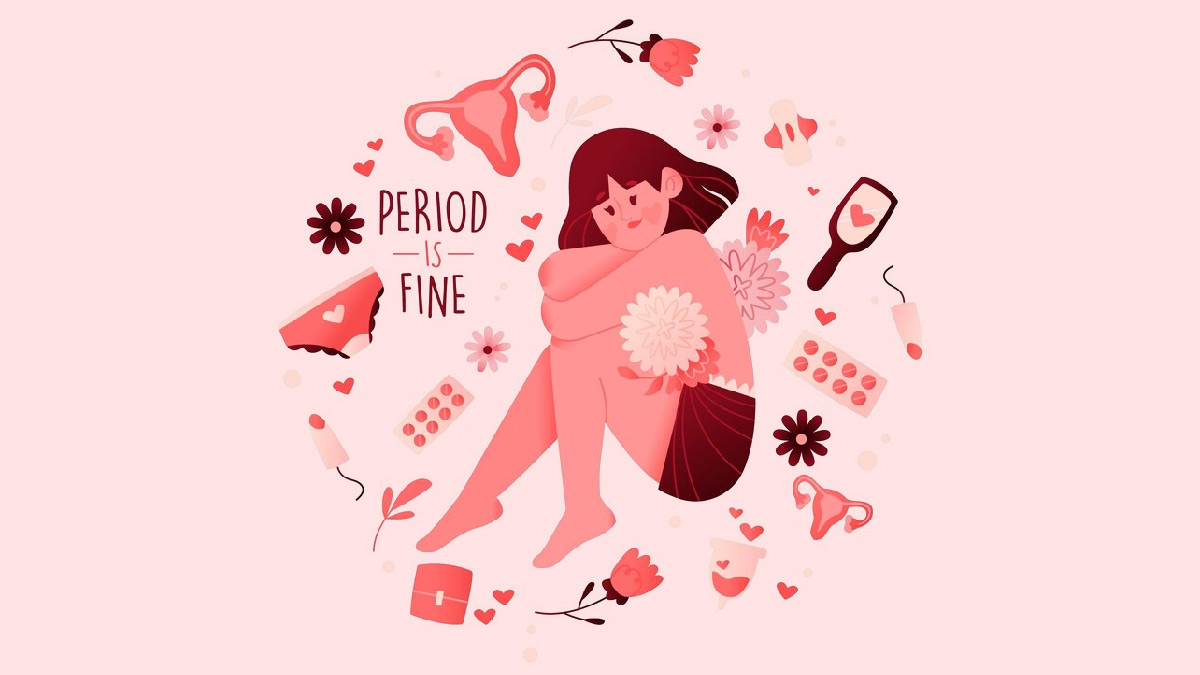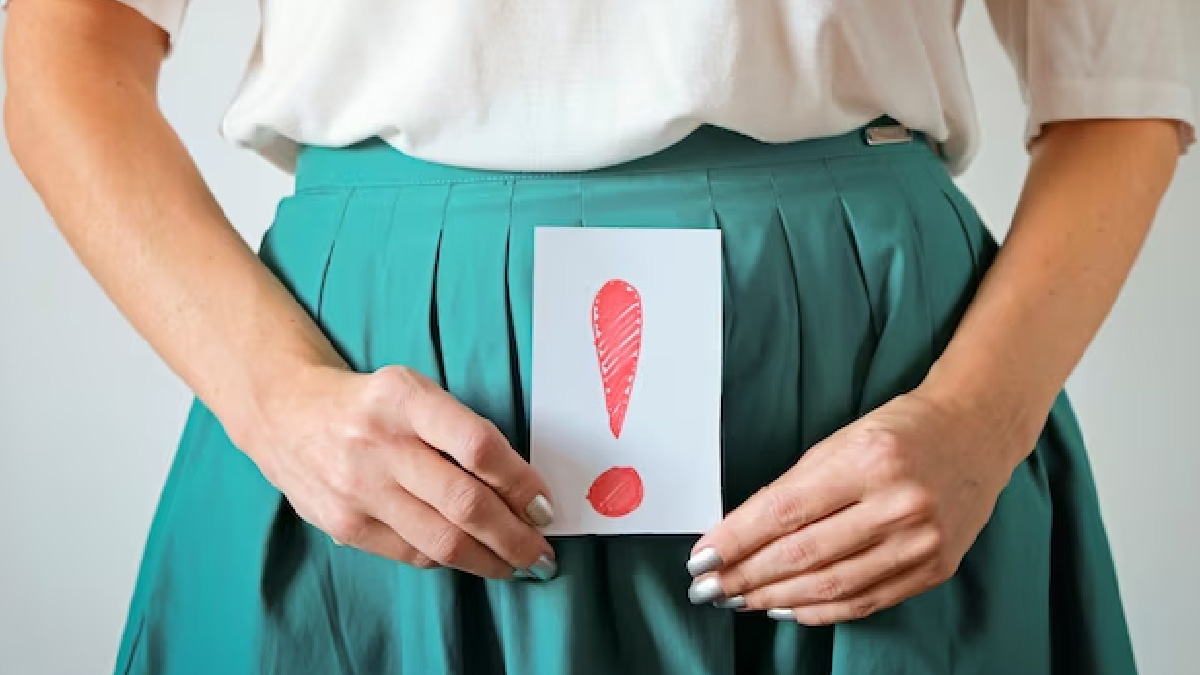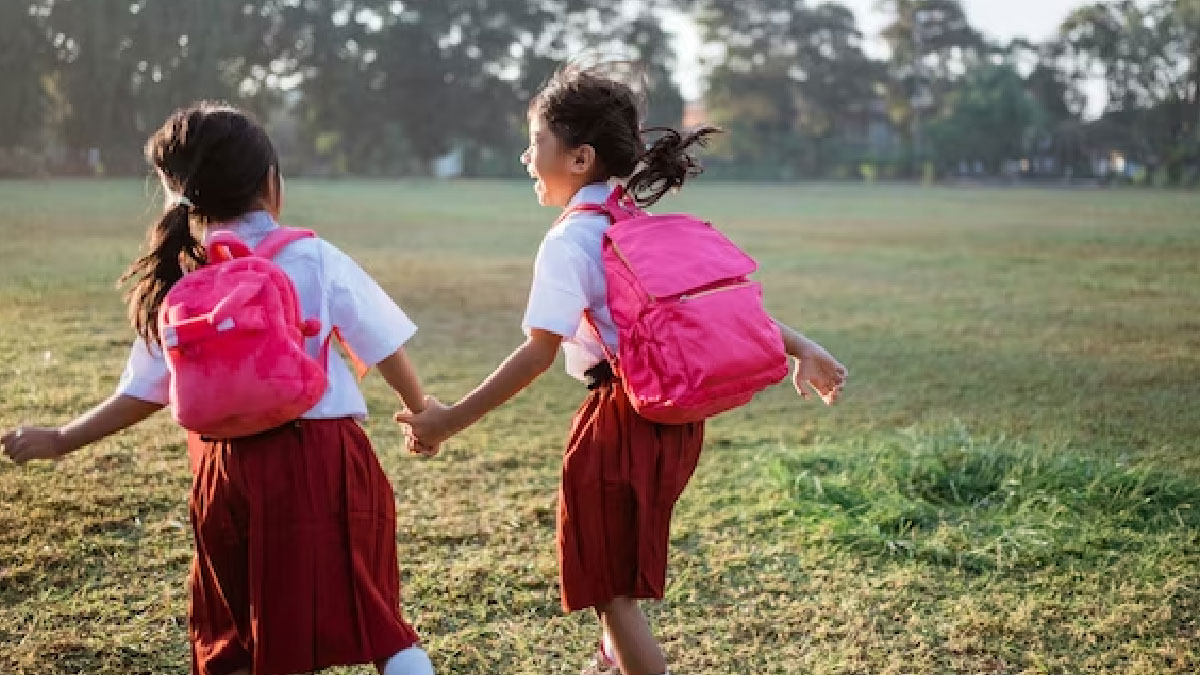
In the vast embroidery of global health, a sneaky shadow persists, capturing the lives of countless women and girls in a silent struggle that goes beyond borders and societal norms. This is the tale of period poverty, a battle fought in murmurs, prolonging ignorance, and boiling progress. Let's delve into the blunt reality behind this global crisis, weaving together compelling stories and hard-hitting facts that demand our unwavering attention with inputs from Mahipal Singh, Founder & CEO of Revaa.
Table of Content:-
The Hushed Tale of a Village Girl
Picture a remote village where a young girl experiences her first menstruation. Whispers of shame and confusion echo through the community, as the absence of proper education and open dialogue blankets her in secrecy. This distressing scene is not an isolated incident, but a snapshot of the daily struggles faced by millions of girls worldwide.
A Cultural Conspiracy
Enter the Global Menstrual Taboo, a pervasive cultural silence that wraps menstruation in shame and misinformation. According to Plan International, 48% of girls in Iran, 10% in India, and 7% in Nigeria believe menstruation is a disease, disseminating the cycle of ignorance. This cultural conspiracy weaves its way through societies, restricting conversations and exacerbating the consequences – scarcity of education, lack of information, and preparedness, leading to a global crisis.
Also Read: The Impact of Menstrual Taboos on Women's Health and Wellbeing
The Widening Abyss amidst a Pandemic

Fast forward to the COVID-19 pandemic, a period that not only unveiled existing vulnerabilities but worsened them. A study in the United States reveals a chilling reality: 30% struggled to access menstrual products during quarantine, 29% faced affordability challenges, and 18.5% couldn't acquire any menstrual products at all. This crisis laid bare the fragility of the system, emphasizing the urgent need for change. Amid the most devastating hunger crisis in history – with at least 345 million people across 82 countries facing acute food insecurity and 50 million people on the brink of starvation – girls continue to bear the brunt of this calamity, intensifying the challenges they face.
Access Denied, Dignity Compromised
At least 500 million girls and women globally are currently unable to access what they need to manage their period, amplifying the urgency to address this issue. The Menstrual Equity for All Act of 2020 in the U.S. aimed to recognize this need, pushing for accessible, affordable products in schools, federal buildings, and prisons. However, progress remains incremental, leaving a gap in the realization of this basic right.
Also Read: Does Lack Of Periods Mean Lack Of Fertility? Here’s What An Expert Has To Say
Adolescent Girls: Caught in the Storm
Among the hardest hit by period poverty are adolescent girls, navigating a complex web of living conditions, parental occupations, and residence. A UNESCO report unveils shocking figures: 1 in 10 African girls misses school during menstruation, and 4 out of 5 girls in Tanzania lack access to sanitary pads. These statistics paint a vivid picture of the struggles faced by young minds, compelling us to confront the reality they endure.
The Power of Education
Empowering women and girls in the face of period poverty begins with education. Menstrual Hygiene Day highlights a staggering statistic – 2.3 billion people lack basic sanitation services, including menstrual hygiene management facilities. At least 500 million girls and women globally are currently unable to access what they need to manage their period, emphasizing the pivotal role of education in bridging this gap. It's not just about providing products but fostering an environment where individuals can openly discuss and learn about their reproductive health, ensuring that every girl can navigate her period with dignity and ease.

A Call to Action
As we navigate the layers of period poverty, a compelling narrative emerges – one that beckons us to break the chains of silence, dismantle societal taboos, and work towards a world where menstrual hygiene is a universal right. This isn't just a women's issue; it's a societal concern demanding collective action. The urgency lies in recognizing menstrual hygiene as a fundamental human right and striving for universal access, especially for the 500 million girls and women globally currently unable to manage their periods adequately.
In conclusion, the battle against period poverty is an upsetting call. Real stories intertwine with powerful facts, creating a narrative that urges us to break the silence, dispel myths, and envision a world where every woman and girl can manage their menstrual health with dignity and ease. It's time to heed the call for change and put an end to period poverty today, especially for those 500 million women and girls who are still waiting for their voices to be heard.
Also watch this video
How we keep this article up to date:
We work with experts and keep a close eye on the latest in health and wellness. Whenever there is a new research or helpful information, we update our articles with accurate and useful advice.
Current Version